As you can see, a great time was had by all. Again, we thank the organizers and look forward to doing it again next year!
|
This past Saturday, here in Connecticut, we celebrated National Pit Bull Awareness Day with the 10th Annual Pit Bull Celebration Day at Warsaw Park in Ansonia, CT. The weather forced the celebration to be held inside but did not dampen the spirits of all who attended. We thank the CT Pit Bull Project for all the hard work that made this event a huge success. Speakers Information Celebrity guests Costume contest And, of course, lots of adorable, happy dogs!
As you can see, a great time was had by all. Again, we thank the organizers and look forward to doing it again next year!
0 Comments
October is National Pit Bull Awareness Month. This year, October 22nd is National Pit Bull Awareness Day. Perhaps you are wondering why pit bulls have an awareness month or even a day when other breeds do not. We need look no further than last week’s passage of the pit bull ban in Montreal to understand that there is still far too much ignorance, misinformation and knee-jerk politics going on in many places. Despite the best efforts of advocates and those attempting reason with decision-makers, pit bull awareness is not yet where it needs to be. It is also essential, whether you are a pit bull lover or not, an animal lover or not, to understand that attitudes shape society and that through education we empower ourselves to make changes for the better. National Pit Bull Awareness Day began in 2007. Jodi Preis of Bless the Bullys, a rescue in Tennessee, saw the need to raise public awareness through advocacy and education. The goal was and remains, to change the negative connotations associated with dogs known as “pit bulls,” and promote their rescue and adoption. Due to the overwhelmingly positive response to National Pit Bull Awareness Day, the campaign was extended in 2011 to span the entire month of October. My own personal pit bull awareness began in February, 2011, when I made the decision to adopt a shelter pit bull I had never met. Of course I knew the stereotypes, heard the stories and even believed some of the media hype but one look at this dog’s picture and I knew I could not turn my back on him. When we finally did meet, what I discovered was a very fearful dog who, more than five years later is still figuring out that not everyone wants to hurt him. What I also found was a dog with more sweetness, innocence and a greater capacity to love than any dog I have ever known. To say he has changed my life is not enough. He has enriched my life and made me a better person. He has trusted me and he has given me his whole heart unconditionally. He has inspired me to be his advocate and an advocate for others like him. Because of my experiences with my pit bull and because of all of the other dedicated, passionate people I have met since adopting him, Pit Bull Awareness Month carries a very powerful meaning for me. There are so many misconceptions about the term pit bull. The pit bull is not a breed, it is a classification – a group of breeds and breed mixes that have a certain look. Included among the “bully breeds” are, American Staffordshire Terrier, Staffordshire Bull Terrier, American Pit Bull Terrier and others. Unless a DNA test is done it is impossible to know the genetic make-up of a dog, but that does not seem to matter to those who simply follow the crowd and do not take time to learn the facts. photo courtesy of pickthepit.com Look at this poster and see if you can spot the three dogs that, according to DNA, are actually pit mixes. The correct answers are numbers 7, 9 and 11. Probably not the ones you thought, right? Yet the other thirteen dogs pictured would likely be labeled as pit bulls and they and their owners would be subjected to insurance discrimination, landlord discrimination and breed-specific legislation. It was not always this way. Throughout history pit bulls have been featured in the movies and on television. They have run the spectrum from war heroes to family pets. Many vintage photos depict pit bulls together with children. What has changed more recently is, because of their strength, loyalty and eagerness to please their owners, in some circles they have been trained to guard, attack and fight. Even taking this into consideration, according to the American Temperament Test Society bully breed dogs score higher than many popular breeds including Golden Retrievers, Cocker Spaniels and Collies. These positive attributes are generally not public knowledge. Sensationalism sells, even if often the negative stories incorrectly and unfairly label the subject dogs as pit bulls. photo courtesy of thetruthaboutpitbulls.com
It is important to remember that any dog who is abused, mistreated, scared, hungry or trained to attack may bite, just as any human may lash out if he or she feels threatened or helpless. It is easy to label and lump a group together for the purposes of creating a media frenzy and legalizing discrimination, but this does not solve the greater problem. When it comes to dogs, cracking down on unlicensed breeders, requiring pets to be licensed and vaccinated, offering incentives to those who spay or neuter their pets, enacting stiffer penalties for those who abuse or neglect their pets – these are things we can legislate and enforce. These are actions that can truly bring about positive changes, reduce shelter populations and save lives. Educating the public about responsible pet ownership and humane treatment of animals can prevent so many of the incidents that proliferate the media stereotypes as well as teach overall kindness and acceptance. These are some goals that should be set if there is truly an interest in making things better. However, until these objectives can be accomplished --until breed-specific legislation is a thing of the past; until the mistreatment of animals carries the same penalties as the mistreatment of humans; until we can all put aside our prejudices and realize that it is not how a dog looks that matters --there will continue to be a need to raise awareness. And until we can overcome our fears and get to know one another, whether it be an animal or a human, the need to educate remains. I see pit bull awareness as a microcosm of a much broader issue. Attitudes and treatment of pit bulls as well as breed stereotyping are symptomatic of a greater problem with society as a whole. In the end, working together to eliminate discrimination and promote understanding is the way to a better existence. Pit bull awareness will not solve the world’s problems but it is a good place to start. |
About the Author
Sue Torres is an animal advocate, rescue volunteer and proud owner of a previously abused pit bull who was slated to be destroyed for being tense and fearful in the shelter environment.
Inspired by their resilience, devotion and ability to forgive, she now devotes herself to restoring the image of these once-esteemed and cherished family pets. She works tirelessly to promote the adoption of pit bulls in our nation's shelters and change perceptions about this extremely misunderstood and unjustly maligned breed. She lives in Connecticut with her rescued pit bull, Mickey. Her first book, Loyalty Unleashed was published in May, 2014 and is avsailable in paperback and e-book formats. Loyalty Unleashed II (her second book) is now available, also in paperback and e-book formats. Archives
September 2022
Categories |



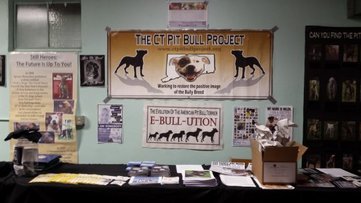
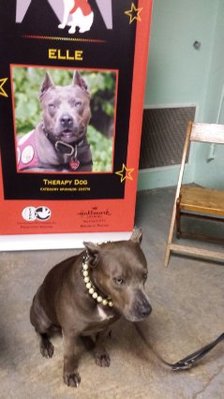
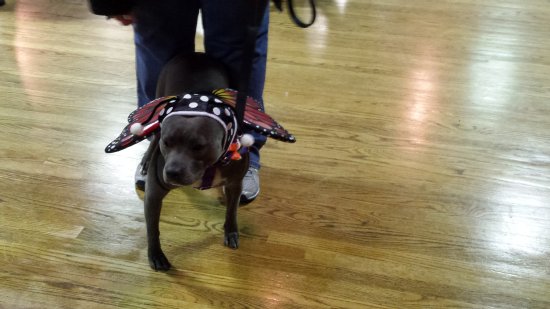
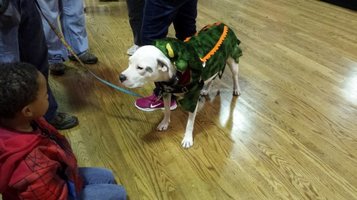
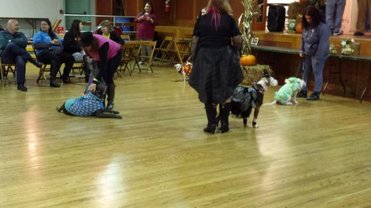
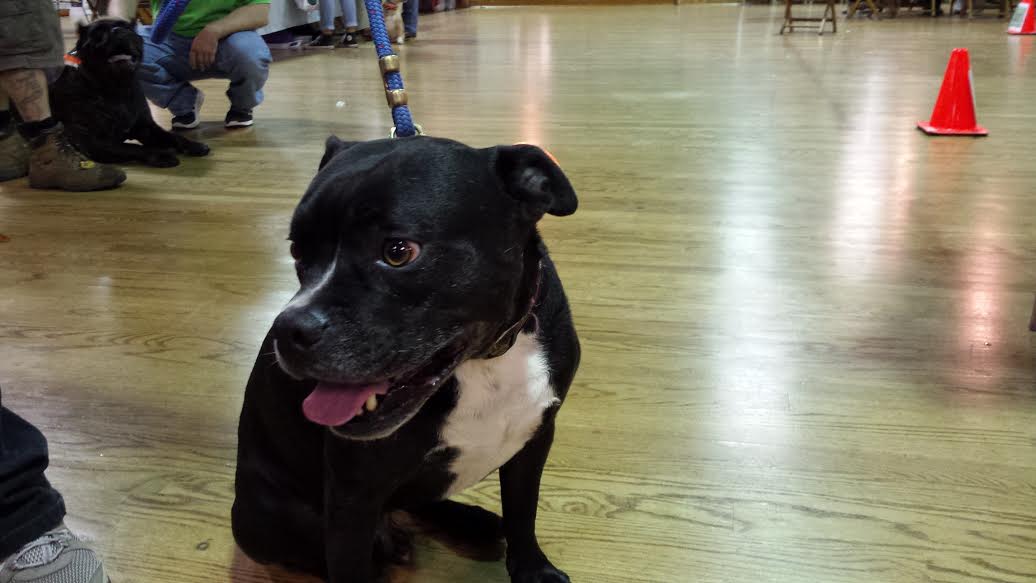
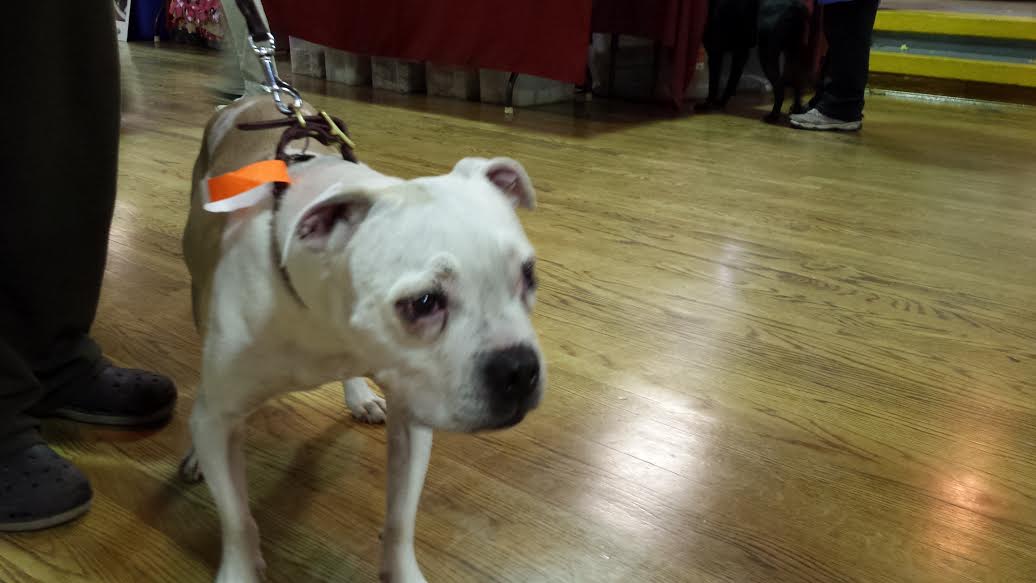
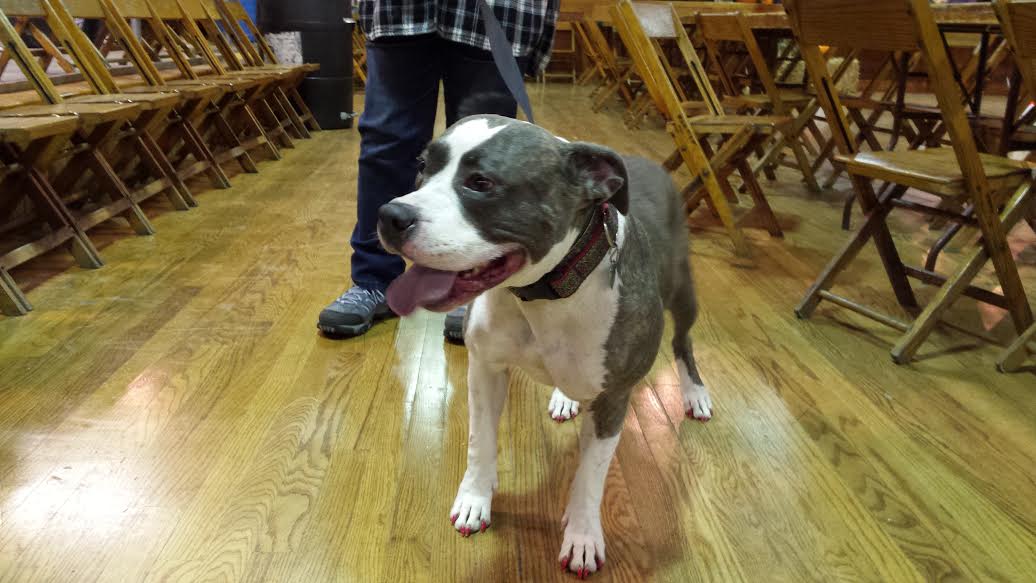
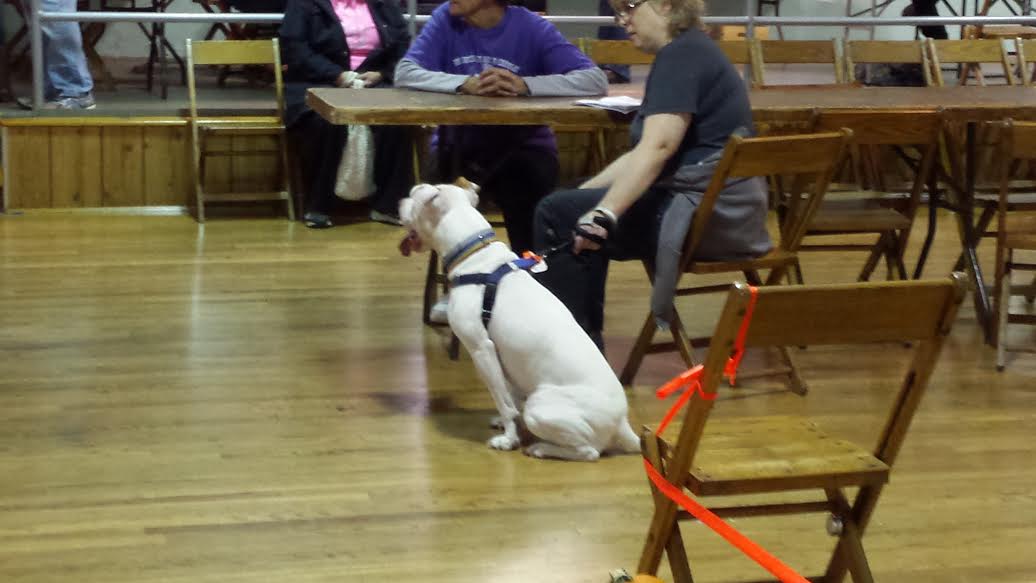
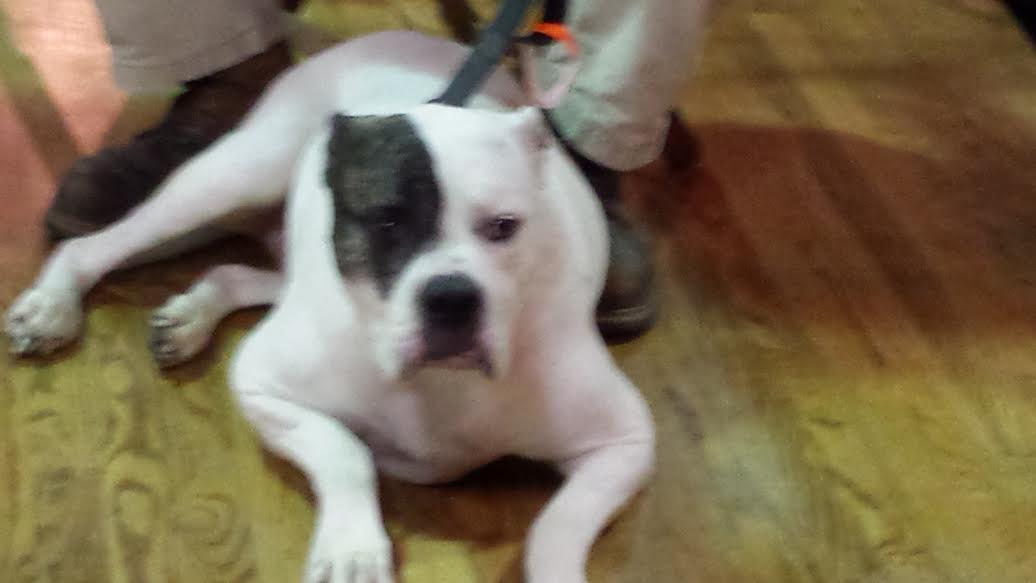
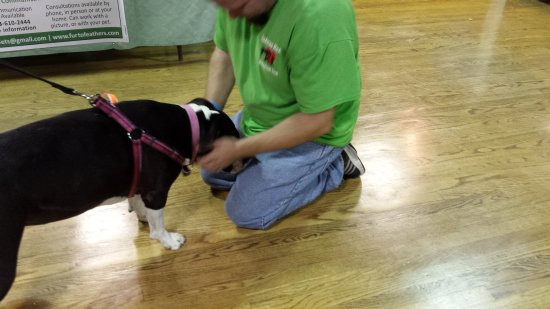
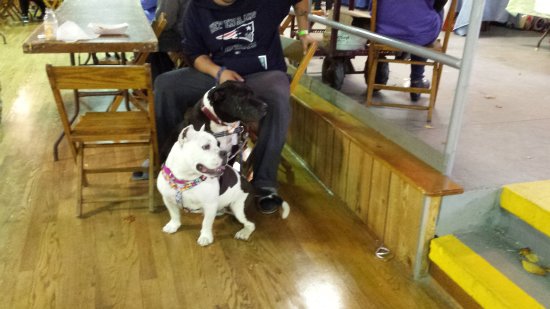

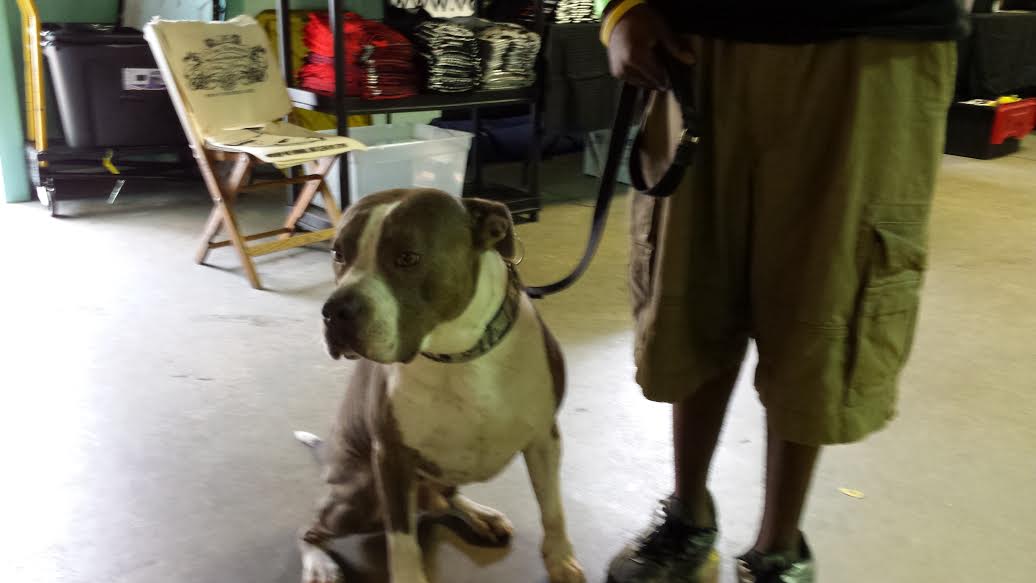
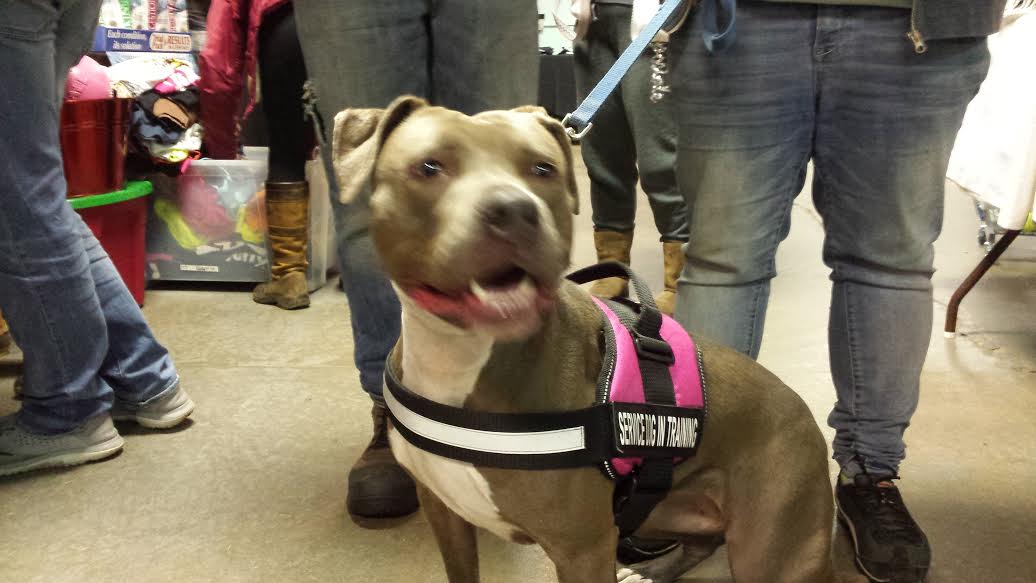
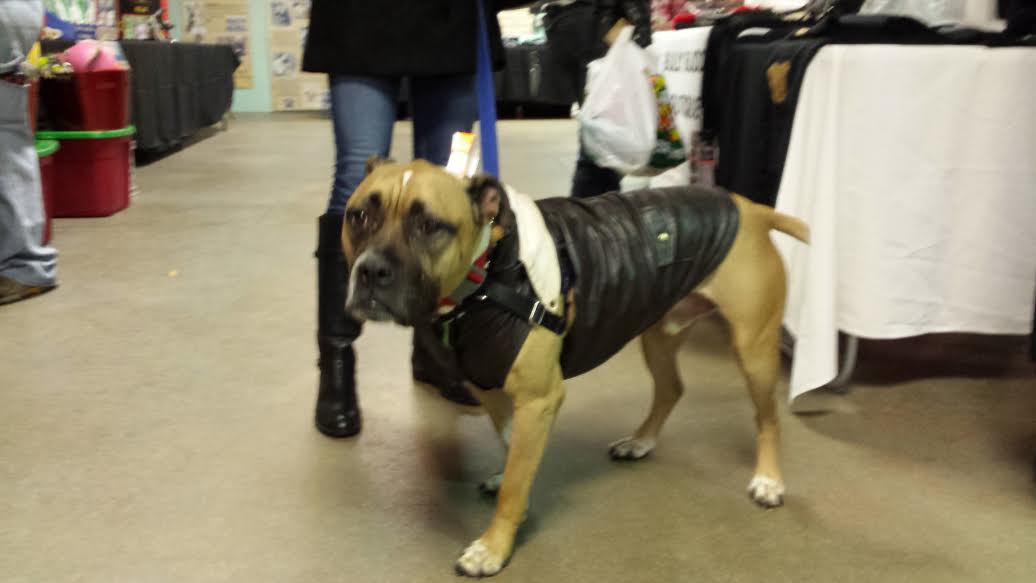

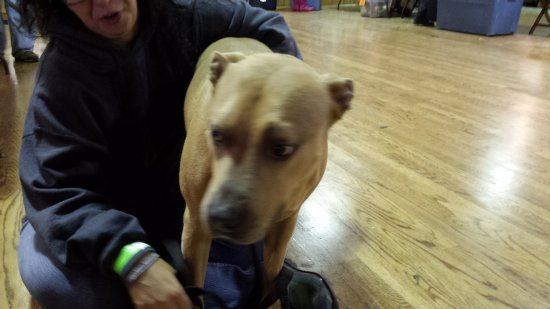
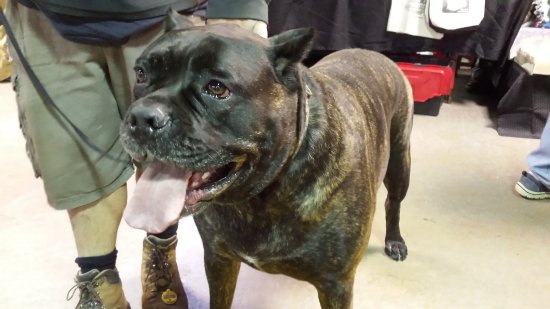
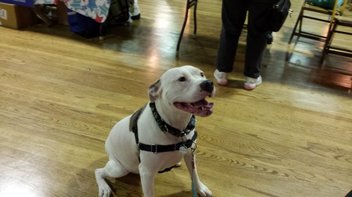
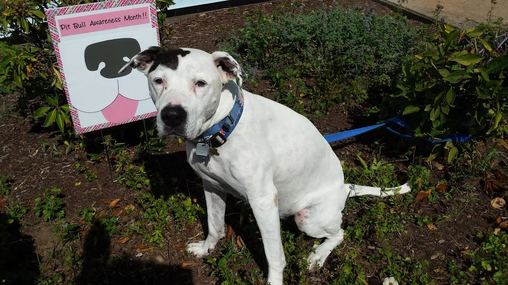
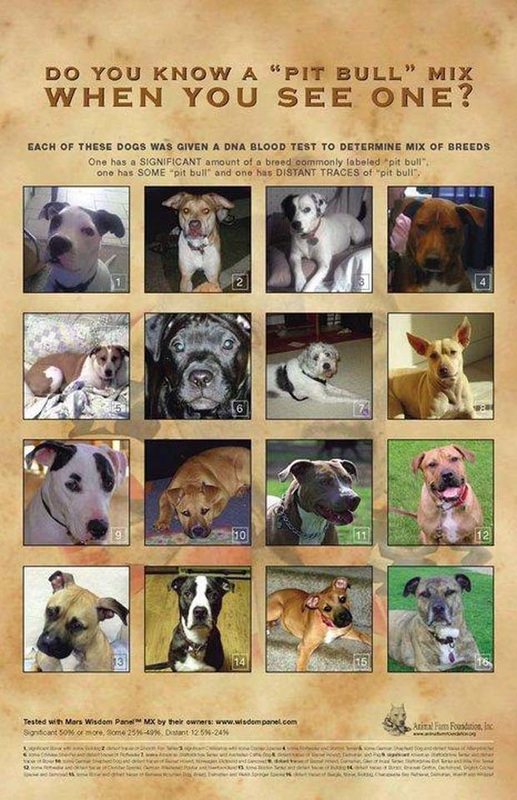
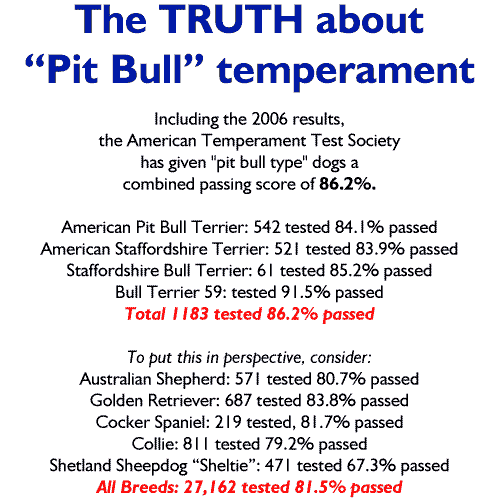
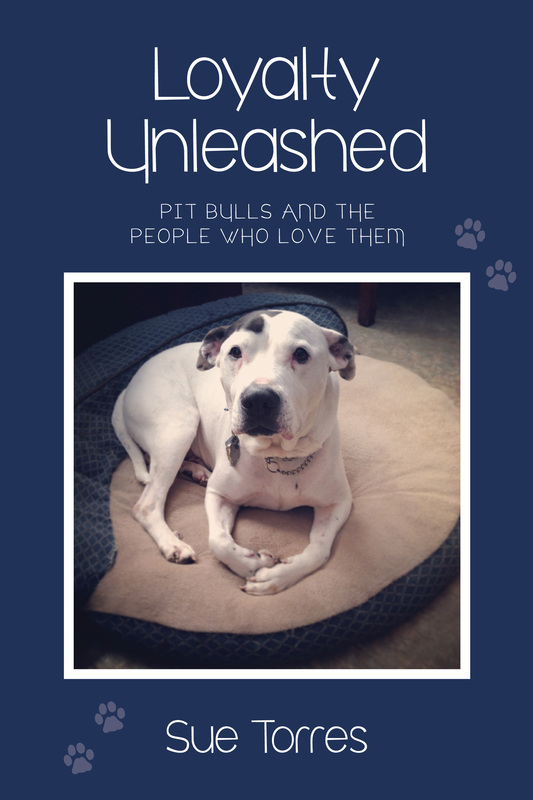



 RSS Feed
RSS Feed